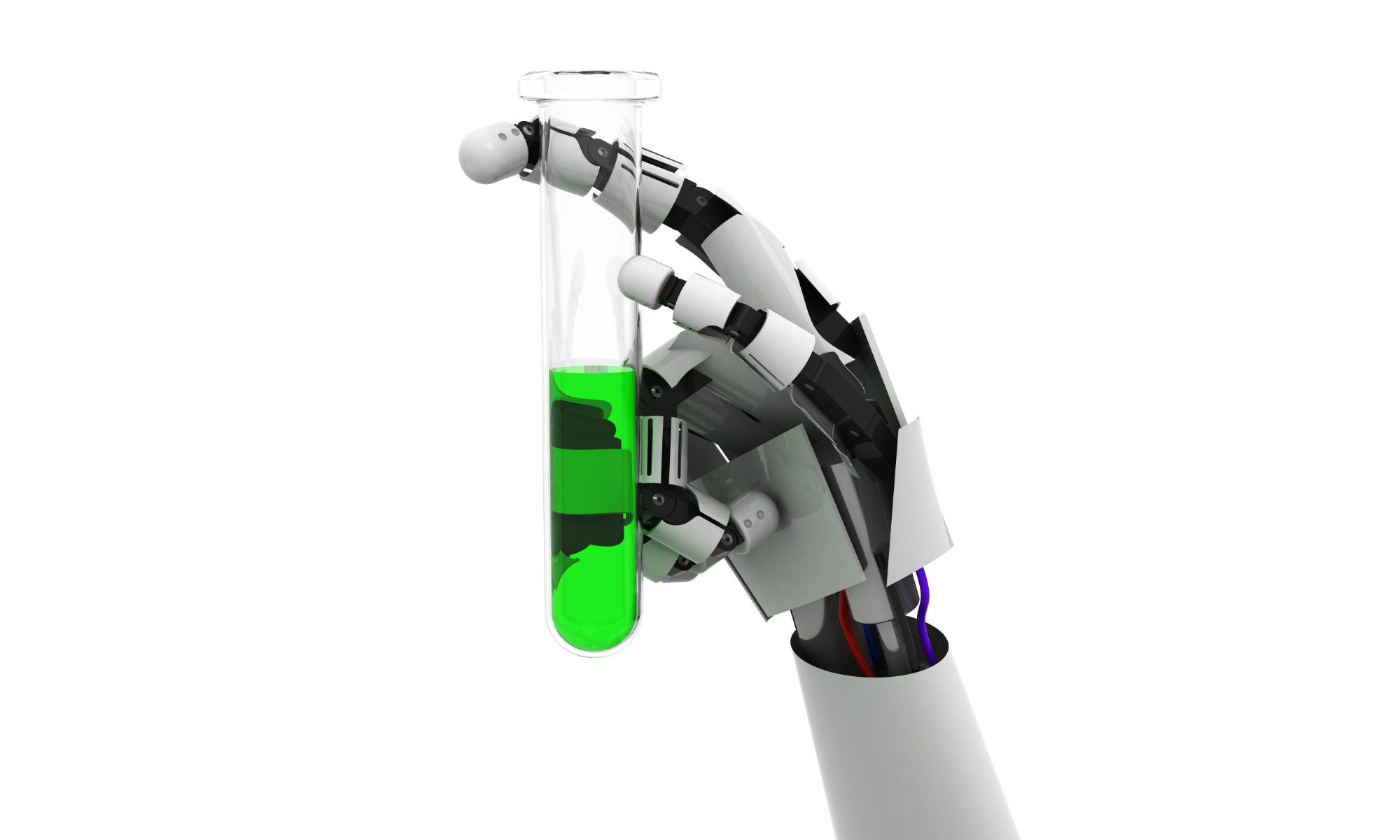
In his regular NPR commentary this week, professor of physics and astronomy Adam Frank looks at a new project that hopes to bring some of the “big Data” techniques that astronomers have used to study galaxies and apply them to the study of human societies.
The study is called the the Kavli HUMAN Project, and its goal is to “generat[e] a truly comprehensive longitudinal dataset that capture[s] nearly all aspects of a representative human population’s biology, behavior, and environment.” The project hopes to follow the lives of 10,000 people for 20 years.
The essence of the HUMAN project is an attempt to create, for the first time, a truly comprehensive view of the human condition through which comprehensive questions can be pursued. What does this look like in practice? It looks like a big honkin’ dataset that will be large and amazing enough to put the viability of Big Data to the test.
Frank concludes that he falls on the “cautiously optimistic” camp when it comes to the hype surrounding both the positive and negative aspects of Big Data collection. The capacity to “see” big complex systems (like a city and its inhabitants) through multivaried perspectives and at high resolution (in space and time) holds enormous promise. But with great promise comes great responsibility.”

Astrophysicist Adam Frank
A self-described “evangelist of science,” Frank regularly writes and speaks about subjects like intelligent life forms in the universe, high-energy-density physics, space exploration and missions, climate change, and more.


